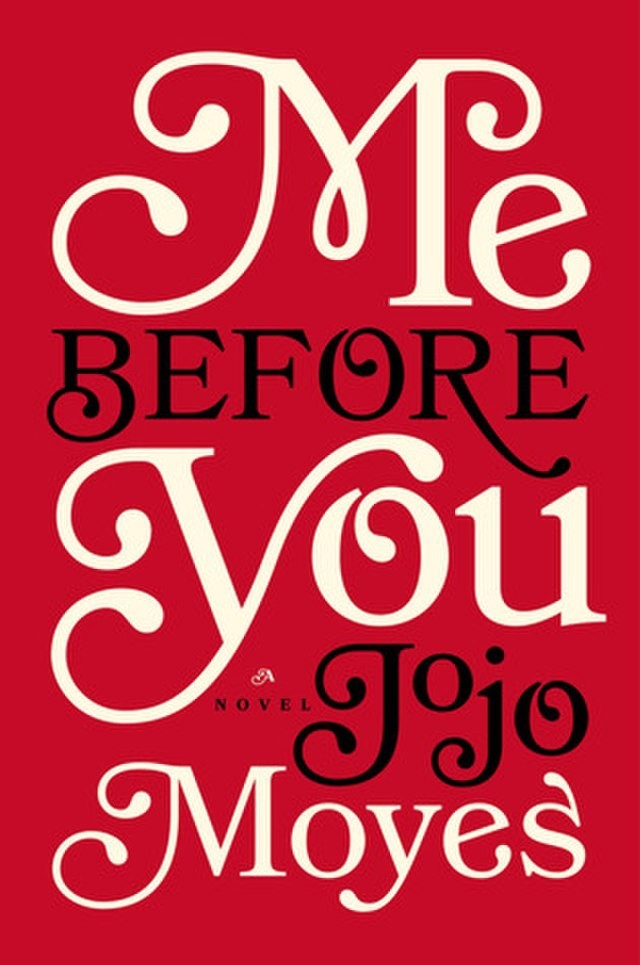

‘Me Before You’ by Thea Sharrock and Jojo Moyes
- Title ‘Me Before You’ by Thea Sharrock and Jojo Moyes
- Author Thea Sharrock (director), Jojo Moyes (writer)
- Year 2016
- Language English
- Tags Suicide Tourism Gender and Caregiving Privilege and Access
- Legislative context Suicide Act, 1961, s 2 (United Kingdom) Criminal Code, 1937, Art 115 (Switzerland)
- Author of entry Jordan McCullough
When Will Traynor is left paralysed following a road traffic collision, he is forced to give up his jet-set lifestyle and return to his family home, a castle in the English countryside. In constant pain and struggling to adjust to his new way of life, Will attempts suicide on several occasions. Following these suicide attempts, Will makes his wishes clear: he wants to end his life; however, he promises to give his parents six months to come to terms with his decision. In this context, Will’s parents employ a young, local woman, Louisa Clark, to care for their son and try to “cheer him up.” Louisa is, in many ways, the antithesis of Will; however, the pair strike up an unlikely friendship and, later, a romance, as Louisa tries to persuade Will that euthanasia is not the best option for him. The pair embark on experiences and adventures of all kinds and develop a profound bond, yet Will still decides to end his life by assisted suicide in Switzerland. Although she is initially against his decision, Louisa eventually changes her mind and flies to Switzerland to be with Will in his final days.
The film asks questions around value of life and addresses a number of issues associated with suicide tourism, albeit in a very light-touch way. At the time of its release, the film sparked an outcry from disability rights activists, as it was seen to promote an idealised view of euthanasia and to suggest that disabled people should just “hurry up and die” (a paraphrase of words used by the activists themselves). Protests were staged at the film’s UK and US premiers, led by the disability rights group Not Dead Yet. Particular exception was also taken to the film promoters’ decision to use the hashtag #LiveBoldly, with disability rights groups taking to social media to denounce the hashtag as, in their eyes, a euphemism for #DieQuickly. Despite this backlash, the film was a firm success. Both Jojo Moyes, the screenwriter and author of the novel on which the film is based, and Thea Storrock, the film’s director, have defended the book and the film’s somewhat unexpected ending, citing stories of healthcare professionals who have known patients to make identical decisions, in similar circumstances.
Suggested citation
-
Me Before You, Assisted Lab’s Living Archive of Assisted Dying, September 2024 <link>
Reviews
- A.O. Scott, Review: In Me Before You, a Broken Man Meets a Free Spirit, The New York Times, 2016 → nytimes.com
- Andrew Barker, Film Review: Me Before You, Variety Magazine, 2016 → variety.com
- Sheri Linden, Me Before You: Film Review, The Hollywood Reporter, 2016 → hollywoodreporter.com
- Chjris Wasser, Me Before You movie review: ‘Poorly directed and surprisingly misguided’, Independent.ie, 2016 → independent.ie
- Mike McCahill, Me Before You review – deathly dull euthanasia romcom, The Guardian, 2016 → theguardian.com
Media citations
- Nicole Sperling, Me Before You director responds to uproar over ending, Entertainment Weekly, 2022 → ew.com
- Stephanie Gray, You before me is better than Me Before You, The Federalist, 2016 → thefederalist.com
- Ayesha, Me Before You: There are no easy answers to euthanasia – teen opinion, The Guardian, 2016 → theguardian.com
- Joanna Robinson, Could Me Before You have avoided alienating the disabled community? Vanity Fair, 2016 → vanityfair.com
- Ben Quinn, Disability rights campaigners protest at premiere of Me Before You, The Guardian, 2016 → theguardian.com
- Ryan Gilbey, I’m not a thing to be pitied: the disability backlash against Me Before You, The Guardian, 2016 → theguardian.com
- Vanessa Thorpe, Me Before You: not just a tear-jerker, The Observer, 2016 → theguardian.com
- Xavier Symons, Me Before You: Life, disability and ‘inspiration porn’, The Conversation, 2016 → theconversation.com
- Morven Cook, Assisted Suicide: a musical that asks us to think critically about the portrayal of euthanasia, The Conversation, 2016 → theconversation.com
Interest Group citations
- Matt Valliere on the many harms of medical quality of life judgments, Not Dead Yet The Resistance, 2021 → notdeadyet.org
- John Kelly’s testimony covers medical mistakes class and race ethnic divide and more, Not Dead Yet The Resistance, 2021 → notdeadyet.org
- Me Before You film panned by Not Dead Yet UK, Not Dead Yet UK, 2016 → notdeadyetuk.org
- John Kelly: Movies can send a dangerous message about suicide and disability, Not Dead Yet The Resistance, 2016 → notdeadyet.org
- Face to face: Challenging the better dead than disabled message, Not Dead Yet The Resistance, 2016 → notdeadyet.org
- In case you missed it: John Kelly video interview on Me Before You and assisted suicide, Not Dead Yet The Resistance, 2016 → notdeadyet.org
Legal and Paralegal citations
- Senate, Parliament of Australia, Restoring Territory Rights Bill 2022, 1 Dec 2021 (Sen Jordon Steele-John) → aph.gov.au
Related Media
Book
Jojo Moyes, Me Before You (London: Penguin, 2012)
- Jojo Moyes, Me Before You (London: Penguin, 2012) penguinrandomhouse.ca ↗
Related Archival Entries
'Intouchables' by Olivier Nakache

Olivier Nakache (director and writer), Éric Toledano (director and writer), Philippe Pozzo di Borgo (writer)
Based on a true story, this film recounts the unlikely friendship between Philippe, a very wealthy, widowed quadriplegic, and his hired caregiver Driss, a young man living in Paris’ poorer suburbs. As they get to know and come to trust one another, each shows the other something of his way of life, rekindling in the process his respective sense of purpose and joie de vivre.
'Better Off Dead?' by Liz Carr and James Routh

Liz Carr (writer/presenter), James Routh (director)
This BBC documentary follows actor and disability campaigner Liz Carr as she explores reasons why assisted dying, which she calls assisted suicide, should not be legalised in the UK. It is unusual both for constituting a mainstream programme that openly opposes legalisation of assisted dying, and for doing so using humour.
Guzaarish by Sanjay Leela Bhansaali

Sanjay Leela Bhansaali (Writer and Director)
‘Guzaarish’ is a Bollywood film about Ethan Mascarenhas, a quadriplegic radio jockey who faces legal and public pushback after petitioning for state-sanctioned euthanasia. Structured around a legal battle, ‘Guzaarish’ is a comedy, romance, drama, and a musical starring two of Bollywood’s biggest stars. The film introduced India’s cinema-going audience to assisted death.